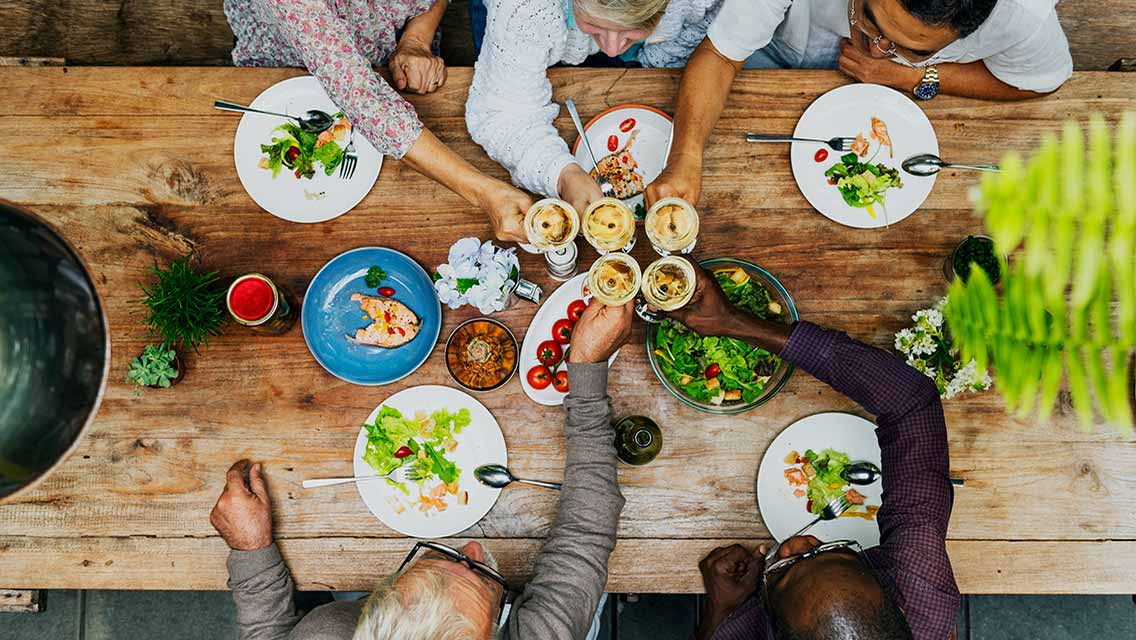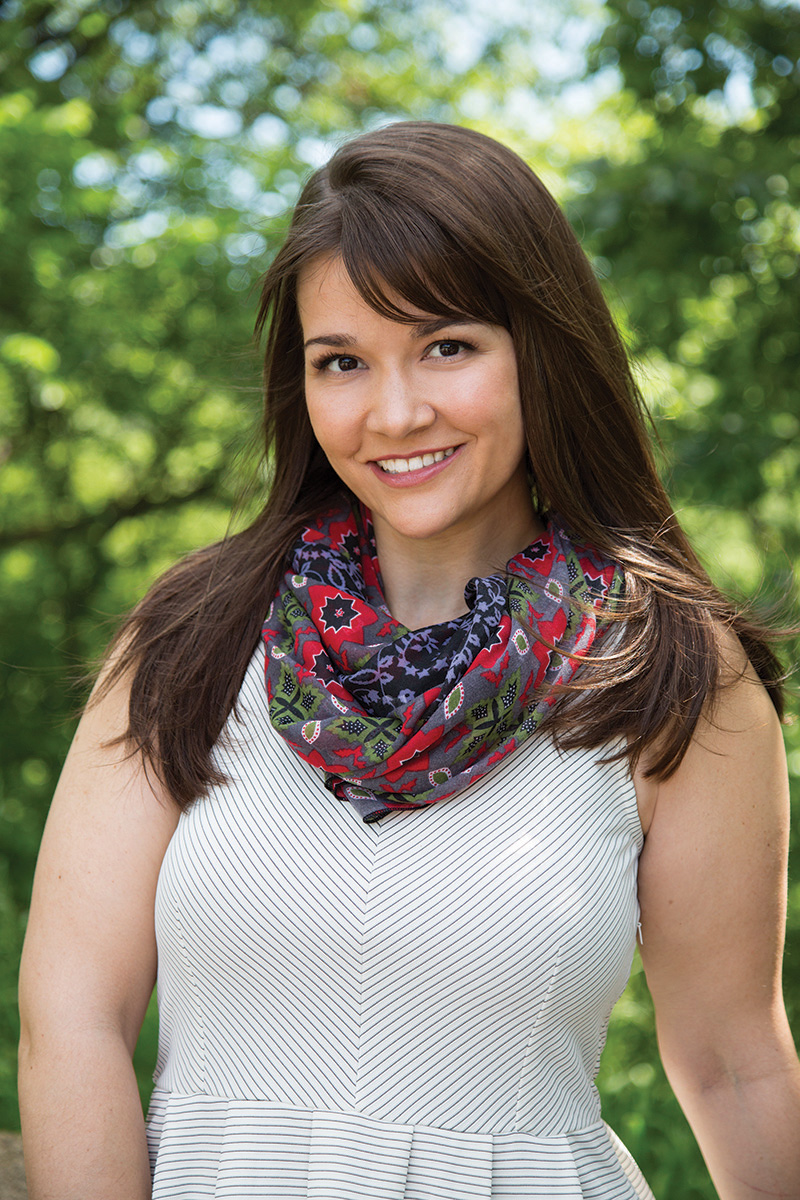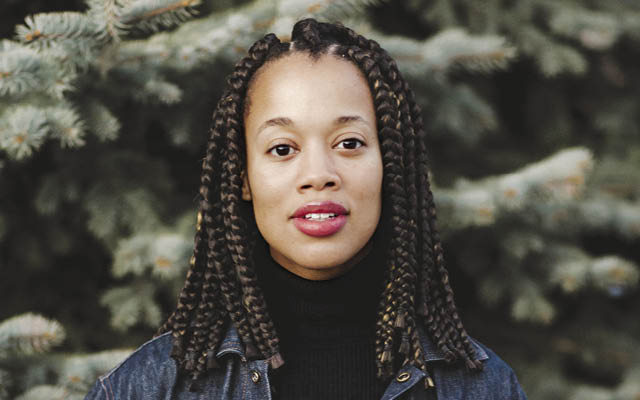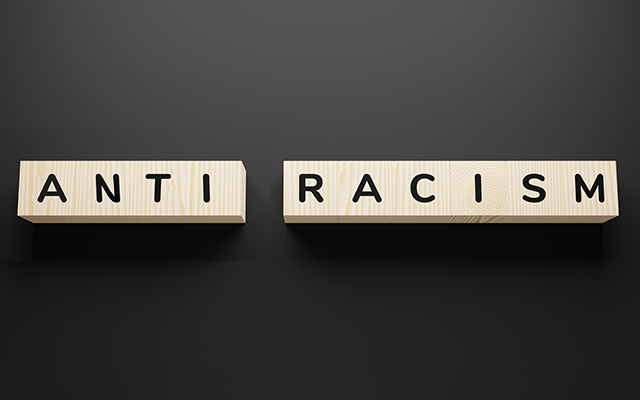Barbecues have been commonplace in my family for as long as I can remember. My maternal Black grandmother was our unofficial archivist, and between chatting with the aunties and cousins, she’d walk around a get-together taking pictures: kids splashing in plastic pools, Grandpa holding court in the corner, my uncles debating the doneness of meat as they stood around the grill with a cold beverage in hand. Over the years, she captured images of the joy, connection, and laughter of coming together on warm summer days.
Whether it’s in a backyard or local park, barbecues or cookouts ground many summer events and hold center stage in Juneteenth events around the country. June 19 marks the day when enslaved African Americans in Galveston, Texas, were finally informed of their freedom as Union soldiers arrived — a full two and a half years after President Abraham Lincoln introduced the Emancipation Proclamation on Jan. 1, 1863. (Learn more about the limitations of the proclamation in the National Archives.)
As more allies learn about Black history, organizations across the country have declared Juneteenth — also known as Freedom Day or Emancipation Day — a company holiday. Just this week, the House and the Senate passed a bill to make Juneteenth a federal holiday, with the Senate majority leader noting that “we must continue to work to ensure equal justice and fulfill the promise of the Emancipation Proclamation and our Constitution.” It was signed into law on Thursday, June 17, making it the first federal holiday since Martin Luther King Jr. Day was established in 1983.
Whether you are meeting up in person or virtually, here are five ways to celebrate Juneteenth and come together with community.
1. Eat Together
Great gatherings often involve food — made and shared with love. Harlem-based chef Marcus Samuelsson notes the importance of food to Black heritage in his new cookbook, The Rise: Black Cooks and the Soul of American Food, which offers history, cultural context, and recipes for readers.
“Black food is a major part of American food,” says Samuelsson, who’s also appeared on the TV cooking shows Top Chef, Iron Chef USA, and Chopped. “In fact, there are five original cuisines in American food that stem from the African American journey: barbecue, low-country, Creole, Cajun, and what we talk about as Southern food or soul food. They’re all original cuisines that come out of our traditions.” (Hear more from Samuelsson in our Life Time Talks podcast.)
Red drinks and food are featured heavily at most Juneteenth celebrations, symbolizing the blood shed by our enslaved ancestors in the struggle for freedom. Early events in the 1880s featured “red soda water,” and various forms of strawberry soda, pink lemonade, or infused beverages are common now.
Some menus also include red velvet cake. (Prime berry season in North America is from April through June depending on region so find a local farmers’ patch or market and make these Roasted Strawberries With Mint.) The color red also links back to hibiscus, an indigenous plant to Africa that turns beverages red when made into a drink, says food historian Rafia Zafar in Code Switch’s “A Taste of Freedom.”
“Growing up in the South, we typically celebrate Juneteenth by having a big family dinner,” says Rajshad Anderson, Life Time Inclusion Council member and senior general manager at Life Time’s Dallas Athletic–Highland Park. “It’s an opportunity for fellowship as a family and to express our gratitude for those before us who have sacrificed to help create a new future.” He says he’s also looking forward to attending the fitness experiences happening this year to celebrate Juneteenth at Life Time’s Addison, Texas, location.
2. Learn Together
Set aside time during your event to hear from your elders. Generational storytelling can help younger individuals gain perspective, and sharing family tales keeps the spirits of our ancestors alive.
“My father has always been committed to me knowing and understanding my heritage,” says Anderson, who is African American. “Whether that be my specific family lineage or the overall history relating to people of color. This day also serves as inspiration to me and my family to keep moving forward to close the gap and to get better educated — for ourselves and to inform others.”
Sometimes those connections to our ancestors can lead us to our purpose, as was the case for Lauren Ash, founder of global wellness site Black Girl In Om, who traces her healing work back to her grandmother Lillian. “I think of my maternal lineage that goes back to the South, specifically Louisiana, and having a very resilient grandmother,” she tells writer Junauda Petrus-Nasah. “Just knowing everything that she in particular had to endure to not only survive, but my grandmother was thriving! She really is the embodiment of what I’m doing now.”
Outside of sharing personal and ancestral history, you can learn about the history and importance of Juneteenth through books, podcasts, and documentaries. The National Museum of African American History & Culture at the Smithsonian provides resources, the New York Times’ “This Is How We Juneteenth” links to essays and articles, and National Public Radio’s Code Switch podcast episode, “A Taste of Freedom,” offers context around traditional Juneteenth food and traditions.
3. Move Together
Processing trauma takes time, care, and intention, especially when working through centuries of violence, racism, and inequity — or what some epigenetics researchers have called “intergenerational trauma.”
“A single stressful event, for a person that’s reasonably resilient, isn’t going to affect them,” says Peter A. Levine, PhD, author of Waking the Tiger: Healing Trauma, in “How Movement Therapy Can Heal Traumatic Stress.” “But if people have to live in a climate of stress . . . it really erodes our sense of self and our resilience.”
Healing centers, yoga studios, therapy practices, and specialized online coursework can help, such as somatic therapist Resmaa Menakem’s workshops on “healing historical and racialized trauma carried in the body and the soul.” Participating individually as part of the greater community is helpful in healing, he tells writer Nasah: “It’s not just about your own individual health, because the horror that has happened to us and our people didn’t happen to us individually. It happened to us communally and continues to happen to us communally.”
Movement through yoga is one window to healing, and practitioners have taken to holding classes in outdoor spaces, such as the upcoming Celebrate Juneteenth yoga and breathwork event at Target Field in Minneapolis, hosted by Choose Love Minnesota in partnership with Life Time. The Black and women-owned business collaborative aims to use the afternoon as “a day for breathing, healing, and getting stronger together.”
Spending time in nature either for play, hikes, or family walks can be healing. “After 15 minutes in nature, your blood pressure lowers, your stress hormones drop, and your thinking brain gives way to your sensory brain,” says Florence Williams, author of The Nature Fix.
4. Grow Together
Supporting local Black-owned businesses makes a real impact in your community. Consider catering from a Black-owned restaurant for your summer gatherings.
Some families also use the days around Juneteenth as a day of service, volunteering in their neighborhoods or through nonprofits or churches. “Now that I’ve become a father myself, I plan to carry on my family tradition while looking for more opportunities to get involved in our community,” says Anderson. (Find other allyship ideas here.)
Others tend to the land and make the day about gardening, planting heirloom seeds and vegetables traditionally grown in the years after Emancipation. Many schools teach students about George Washington Carver’s 300-plus peanut inventions, but they miss how his discoveries in composting and crop rotation are fundamental to organic and regenerative agriculture today.
“I thought that organic farming was invented by white people and worried that my ancestors who fought and died to break away from the land would roll over in their graves to see me stooping,” writes Leah Penniman in Farming While Black: Soul Fire Farm’s Practical Guide to Liberation on the Land.
“Farming is the basis of humanity. It is about saving and cultivating culture,” says Loren Cardeli, executive director of A Growing Culture, in an interview with FERN. His organization hosts weekly live broadcasts about food justice and the post-COVID food system.
5. Heal Together
Rest is important for the body, but it is also a revolutionary act because our ancestors weren’t afforded time to rest and recover. As author Audre Lorde wrote, “Caring for myself is not self-indulgence, it is self-preservation, and that is an act of political warfare.”
“In general, in the West and in the United States, in particular, way too many folk are sick, anxious, or depressed,” says Ash. “Consider, then, the additional challenges that Black women and women of color are likely to face because of the intersections of systemic oppression and historic injustices.” Ash says in her own life, her days are rooted in self-care and mindfulness.
Mindfulness and meditation can be beneficial to allies, too, as the regular practices can help people be more present, aware, and receptive to human interactions. For beginners, guided meditation can be useful, such as the upcoming Juneteenth meditation on June 19 at 9:30 a.m. CST led by musician, DJ, and fitness educator Omaur Bliss (find this session in the Life Time Digital app). Restorative yoga can also ease tension in the body and create a sense of calm (find restorative yoga a routine here).
Regular self-care practices can help provide the energy and attention needed for larger community work. “I make choices first with my well-being in mind because I understand fundamentally that is what will fuel everything else,” says Ash.
However you engage and connect this Juneteenth, honoring the day individually or communally can become a new and treasured tradition.




